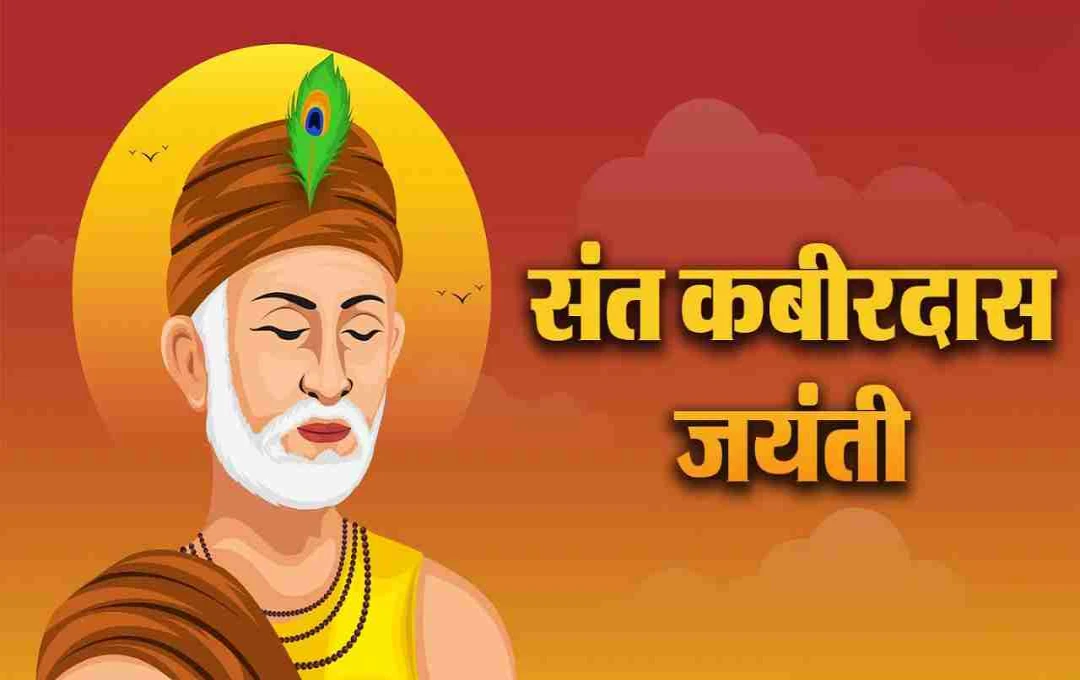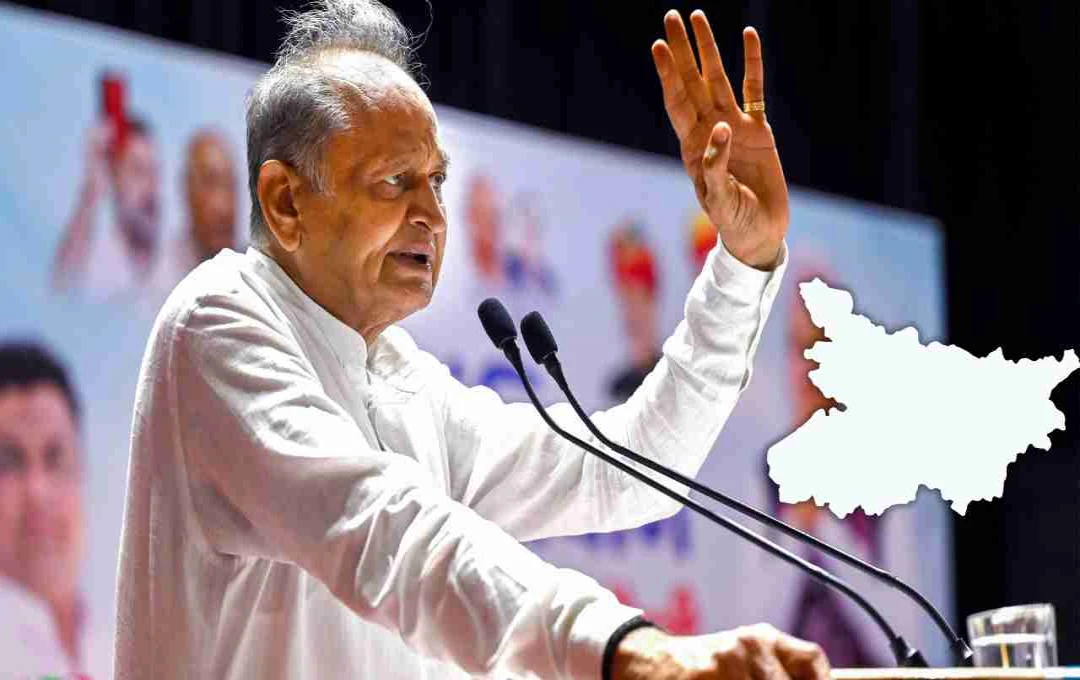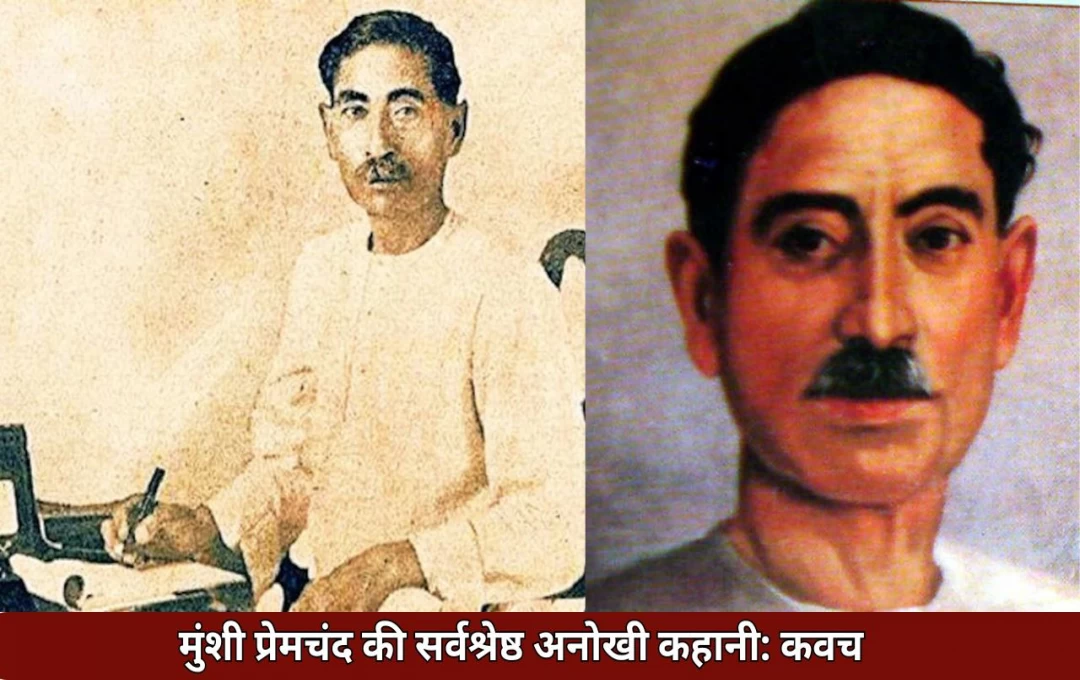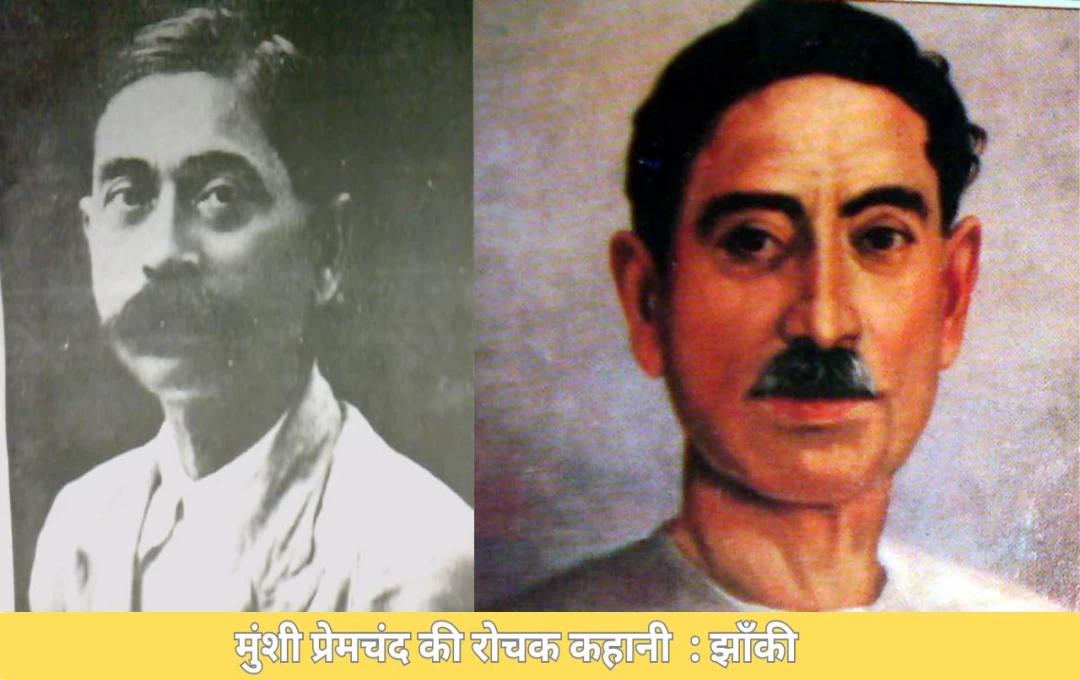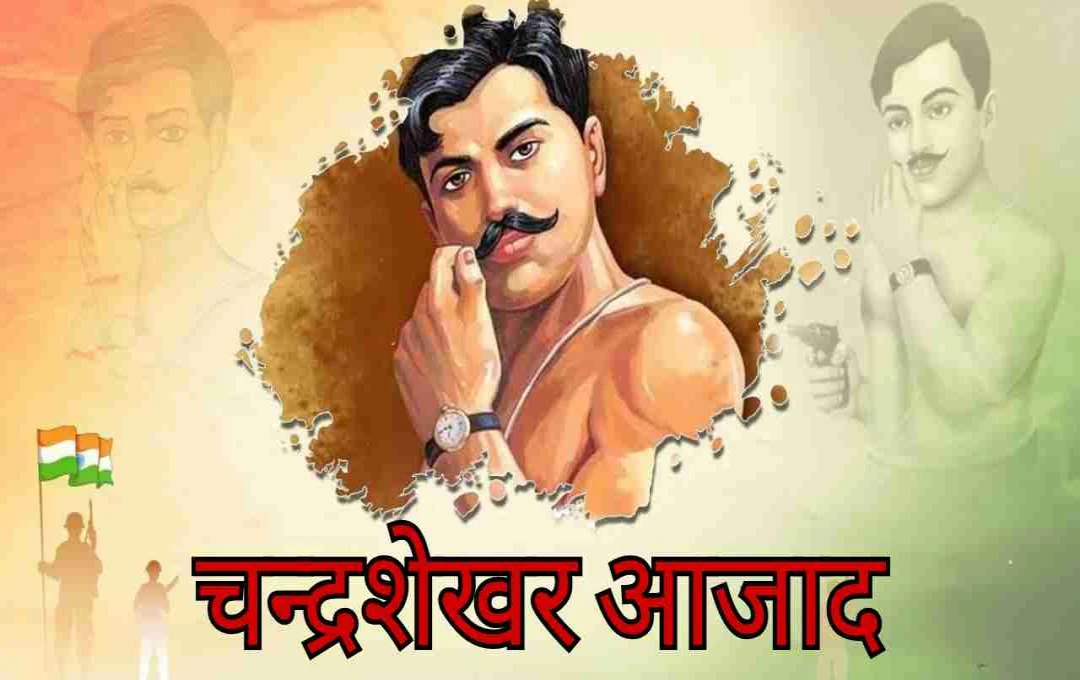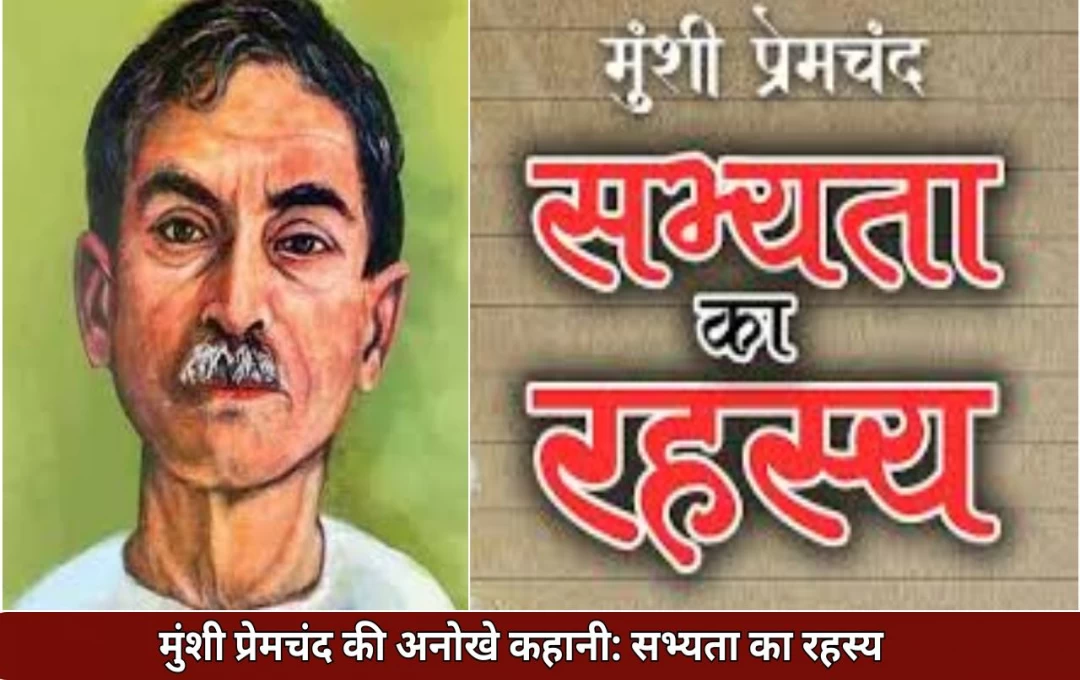Saint Kabirdas holds a position of immense reverence in the Indian saintly tradition. His thoughts, couplets (dohas), and philosophy remain as relevant today as they were centuries ago. Kabirdas Jayanti is not merely a celebration of his birth anniversary; it serves as an occasion to reaffirm his teachings, preachings, and humanistic values.
Some confusion surrounds the date of Kabirdas Jayanti 2025, so this article will provide accurate information. We will also explore some of Kabirdas Ji's prominent couplets, the essence of his life, and the relevance of his teachings in contemporary society.
Saint Kabirdas Jayanti 2025: Date and Time
According to the Hindu Panchang (calendar), Kabirdas Jayanti is celebrated annually on the Purnima (full moon) day of the Jyeshtha month. This date signifies the full appearance of the moon. In 2025, this date begins at 11:35 AM on June 10th and concludes at 1:13 PM on June 11th. Therefore, according to religious scriptures, since the udayakala (rise time) of the full moon falls on June 11th, 2025, celebrating Kabirdas Jayanti on that day would be theologically appropriate.
Life Introduction of Kabirdas Ji: The Simplicity of an Extraordinary Life
Saint Kabirdas Ji was born in the mid-15th century. There are varying accounts of his birth, but popular belief places it in Kashi (present-day Varanasi). Some texts suggest he was raised by Muslim weaver parents, while others claim he was a foundling child given to a Muslim family named Kamal, who later became recognized as a saint.
Kabirdas Ji married and had a son, Kamal, and a daughter, Kamali. He was a weaver by profession, but his mind was always engaged in spiritual practices. His life epitomized simplicity, service, austerity, and self-reflection.
Kabir's Philosophy: A Balance of Devotion and Knowledge

Kabirdas Ji's philosophy was non-dualistic (Advaita), but he did not confine it within the boundaries of any sect or religion. He opposed idol worship, casteism, rituals, hypocrisy, and religious ostentation. He believed that God is omnipresent and the path to attaining Him is through self-knowledge, truth, and love. He criticized not only Brahmanism and rituals within Hinduism but also the fanaticism and external showmanship present in Islam. He explicitly stated:
Kankar pathar jori ke, masjid lai chunaay.
Ta upar mulla bang de, kya bahra hua khuday?
(Stones and pebbles are piled up to build a mosque,
And the Mulla calls the Azaan from atop it, but has God been awakened?)
Kabir's Couplets (Dohas): A Reflection of Life
Kabirdas Ji's couplets offer profound insights into life in a very simple language. Here are some of his famous couplets:
1. Pothi padhi padhi jag mua, pandit bhaya na koy.
Dhai aakhar prem ka, padhe so pandit hoy।।
Meaning: Reading books doesn't make one wise. True wisdom lies in understanding and embracing love, compassion, and humility.
2. Jaati na poochho sadhu ki, poochho lijiye gyān.
Mol karo talwar ka, pada rahan do myān।।
Meaning: A person's identity is determined not by their caste but by their knowledge and conduct. Just as a sword's value lies in its sharpness, not its sheath.
3. Dhire-dhire re mana, dhire sab kuchh hoy.
Maali siinche sau ghada, ritu aaye phal hoy।।
Meaning: Everything has its time. Impatience yields nothing. Fruits come only when the right season arrives.
4. Bura jo dekhna main chala, bura na miliya koy.
Jo dil khoja apna, mujhse bura na koy।।
Meaning: When we seek evil in others, we find the real evil within ourselves. Self-reflection is essential.
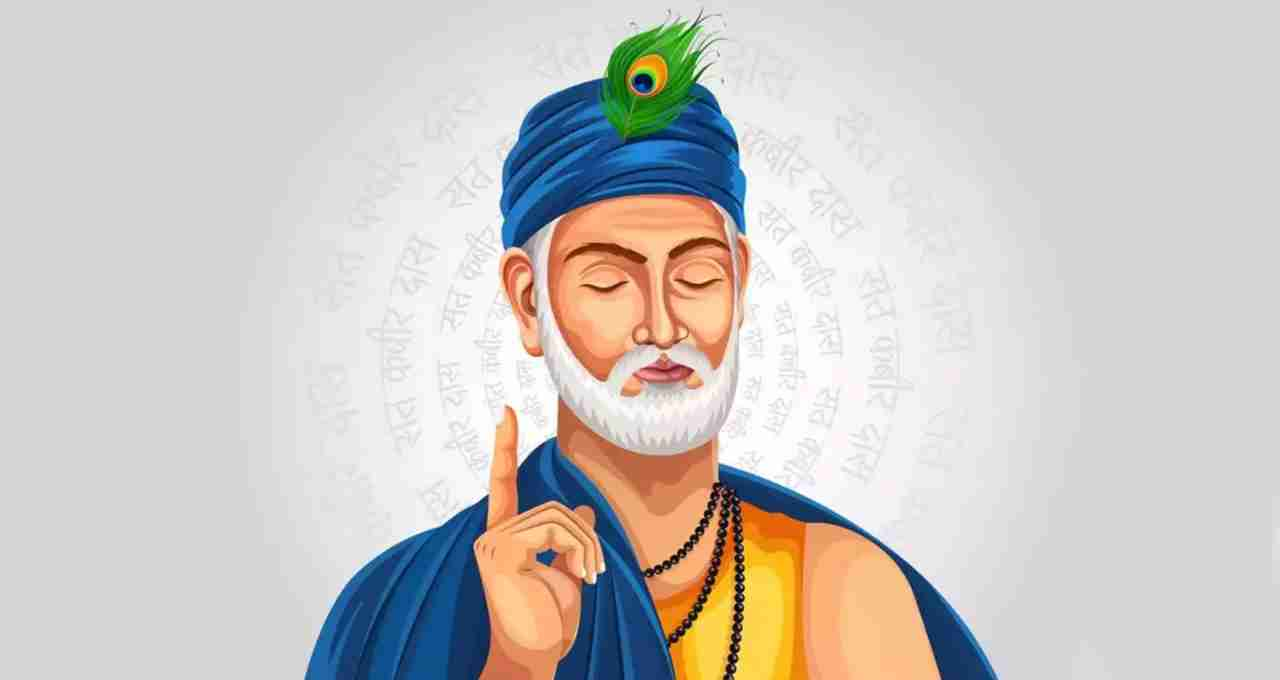
The Significance of Kabirdas Jayanti
Kabirdas Jayanti is not just a religious festival; it's a celebration of social consciousness. Kabirdas Ji's teachings continue to inspire us to speak out against religious fanaticism, casteism, discrimination, and social inequality prevalent in our society. On this day:
- Devotional songs (bhajans) and satsangs (religious gatherings) are held in Kabirpanthi monasteries and ashrams.
- Kabir Saheb's couplets are recited.
- Symposiums, discourses, and community meals are organized.
- Many places also organize free medical camps, blood donation drives, and social service programs.
Kabir's Relevance in Today's Society
Kabirdas Ji's thoughts serve as a guiding light for modern society. The social evils he condemned—casteism, religious hypocrisy, and social inequality—still exist in various forms. Kabir's "humanity as religion" has become the greatest necessity in today's socio-political climate. Even now, as society is becoming divided in the name of religion and caste, this couplet of Kabirdas Ji provides a new direction:
Hindu kahein mohi Ram piyara, Turk kahein Rehamana.
Aapas mein dou larri-larri mue, maram na kahu jana।।
(Hindus say my beloved is Ram, Turks say it is Rahman.
Fighting amongst themselves, they die, none understand the truth.)
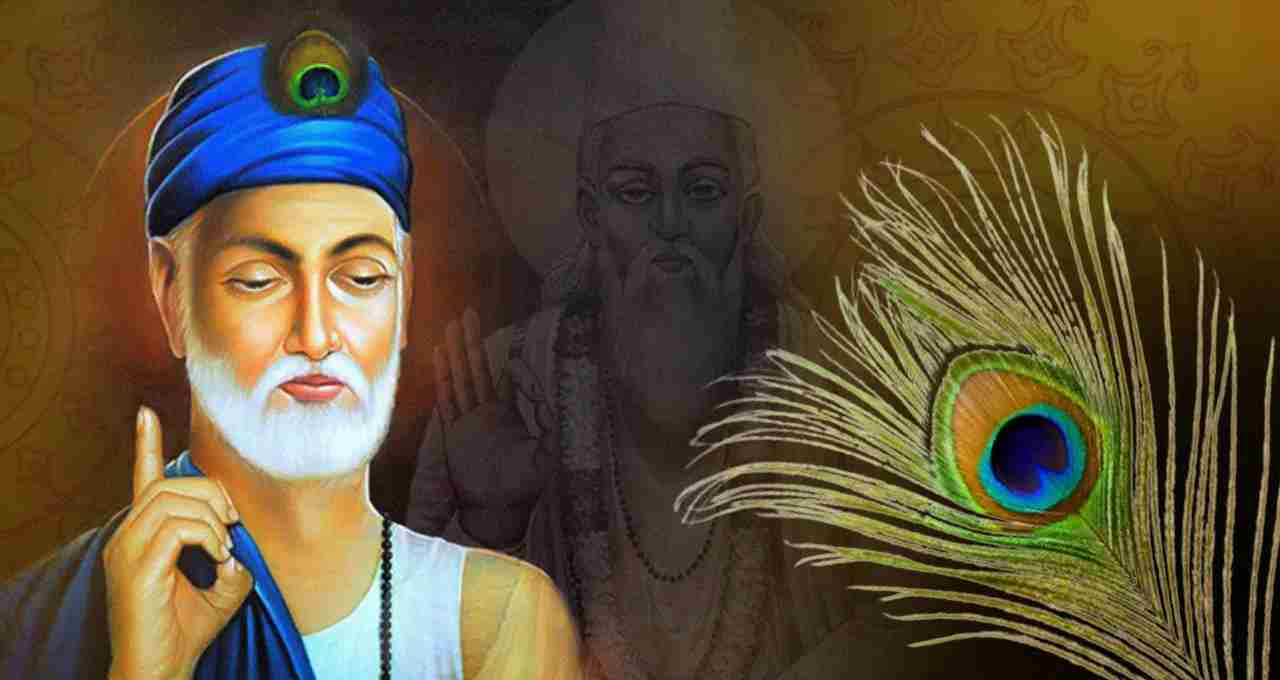
Kabirdas Jayanti 2025 presents a unique opportunity to not only remember the teachings of this great saint but also to resolve to incorporate them into our lives. Saint Kabir's life, his couplets, and his thoughts teach us that the true essence of religion lies in love, tolerance, and humanity.
